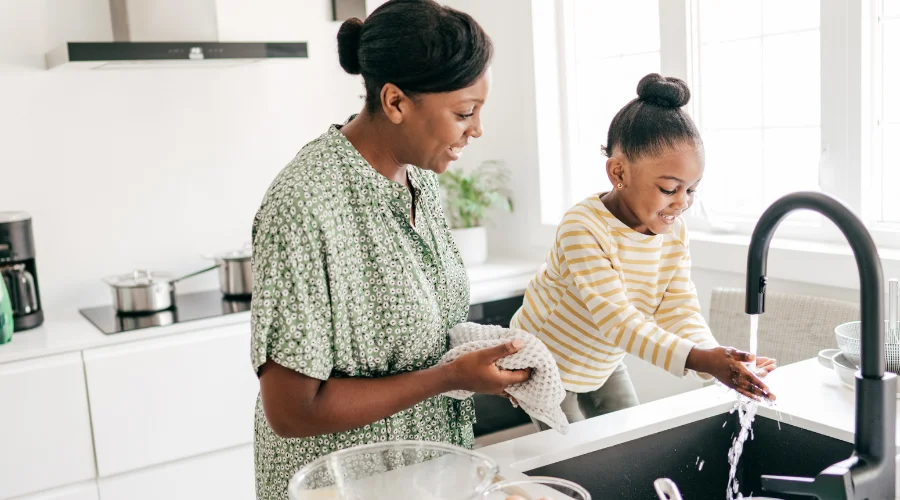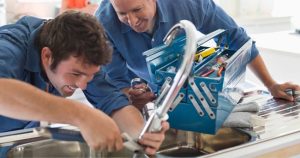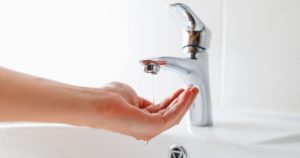Owning a home comes with many responsibilities, and understanding your plumbing system is one of the most critical. Like veins in your body, this system ensures the smooth flow of water, keeping your household running efficiently and trouble-free.
Key Takeaways
- Understanding the Basics: Familiarize yourself with the components of your plumbing system, including water supply, drainage, and fixtures.
- Regular Maintenance: Schedule annual inspections and address issues like leaks or slow drainage promptly.
- Save Water, Save Money: Proper care of fixtures and mindful water usage reduce waste and lower bills.
- Know When to Call a Pro: For complex plumbing problems, seek professional assistance to avoid costly mistakes.
Home Plumbing System
Your home’s plumbing system acts as an intricate network of pipes, valves, and fixtures, working together to deliver clean water and remove waste effectively. This network is vital for maintaining a healthy and functional living environment.
Water Supply System
The water supply system is the backbone of your plumbing. At its core is the main water line, connecting your home to either a municipal supply or a private well. This system ensures the constant availability of clean water for cooking, bathing, cleaning, and drinking. Key components include:
- Pipes: Often made from copper, PVC, or PEX, these transport water throughout your home.
- Valves: Allow control over water flow, enabling isolation of specific areas for maintenance or emergencies.
Regularly inspect these elements to prevent leaks, corrosion, or pressure issues. A well-maintained water supply system ensures consistent and safe water flow for everyday needs.
Water Heaters
Water heaters provide the hot water essential for daily comfort and hygiene. Common types include:
- Tank-style Water Heaters: Store and heat a large volume of water.
- Tankless Water Heaters: Offer on-demand heating without storing water.
- Heat Pump Water Heaters: Use electricity to move heat rather than generate it directly, making them energy-efficient.
Routine maintenance, such as flushing the tank or checking the anode rod, prolongs the heater’s lifespan and ensures a steady supply of hot water.
Valves and Pipes
Valves and pipes form the core structure of your plumbing system. Valves regulate water flow, while pipes transport water to and from various fixtures. Proper care and regular inspections of these components help prevent:
- Leaks: Avoid costly water damage by addressing small leaks early.
- Corrosion: Replace aging pipes to maintain water quality and system efficiency.
Drainage System
The drainage system safely removes wastewater from your home. It comprises:
- Drain Pipes: Transport wastewater to the sewer or septic system.
- Traps: Prevent sewer gases from entering your home.
- Vents: Maintain proper air pressure for smooth drainage.
Common signs of drainage issues include slow drains, unpleasant odors, or gurgling noises. Regular cleaning and inspections can prevent clogs and maintain system efficiency.
Plumbing Fixtures
Fixtures like faucets, sinks, toilets, and showers are the visible components of your plumbing system. These require proper installation and maintenance to function effectively:
- Leaky Faucets: Fix promptly to conserve water and reduce bills.
- Running Toilets: Address worn-out parts to prevent water waste.
By understanding how these fixtures operate, you can prolong their lifespan and maintain your home’s water efficiency.
Plumbing Basics FAQ
Q: How often should I inspect my plumbing system?
A: Annual inspections are recommended. Regular checks help identify issues like leaks, corrosion, or low water pressure before they escalate.
Q: What are the signs of a potential plumbing issue?
A: Common indicators include water stains, slow drains, unusual noises in pipes, and fluctuating water pressure. Address these signs promptly to avoid major problems.
Q: How can I conserve water at home?
A: Fix leaks, install water-efficient fixtures, and adopt mindful habits, such as turning off taps when not in use or using a broom instead of a hose for outdoor cleaning.
Q: Are there DIY fixes for common plumbing problems?
A: Yes, minor issues like unclogging a drain or tightening a leaking faucet can often be resolved with basic tools. However, avoid attempting complex repairs, such as replacing pipes or water heaters, without professional guidance.
Q: When should I call a professional plumber?
A: For major issues, such as persistent leaks, sewer line problems, or water heater malfunctions, it’s best to consult a professional. Their expertise ensures safe and effective solutions.
Conclusion
Your home’s plumbing system is a complex and essential part of daily life. By understanding its components and practicing regular maintenance, you can ensure it operates efficiently for years to come. When in doubt, don’t hesitate to seek professional assistance to address more complicated issues. Proper care not only saves money but also contributes to a sustainable and comfortable living environment.
For more tips or professional services, visit Plumbing Clifton.




